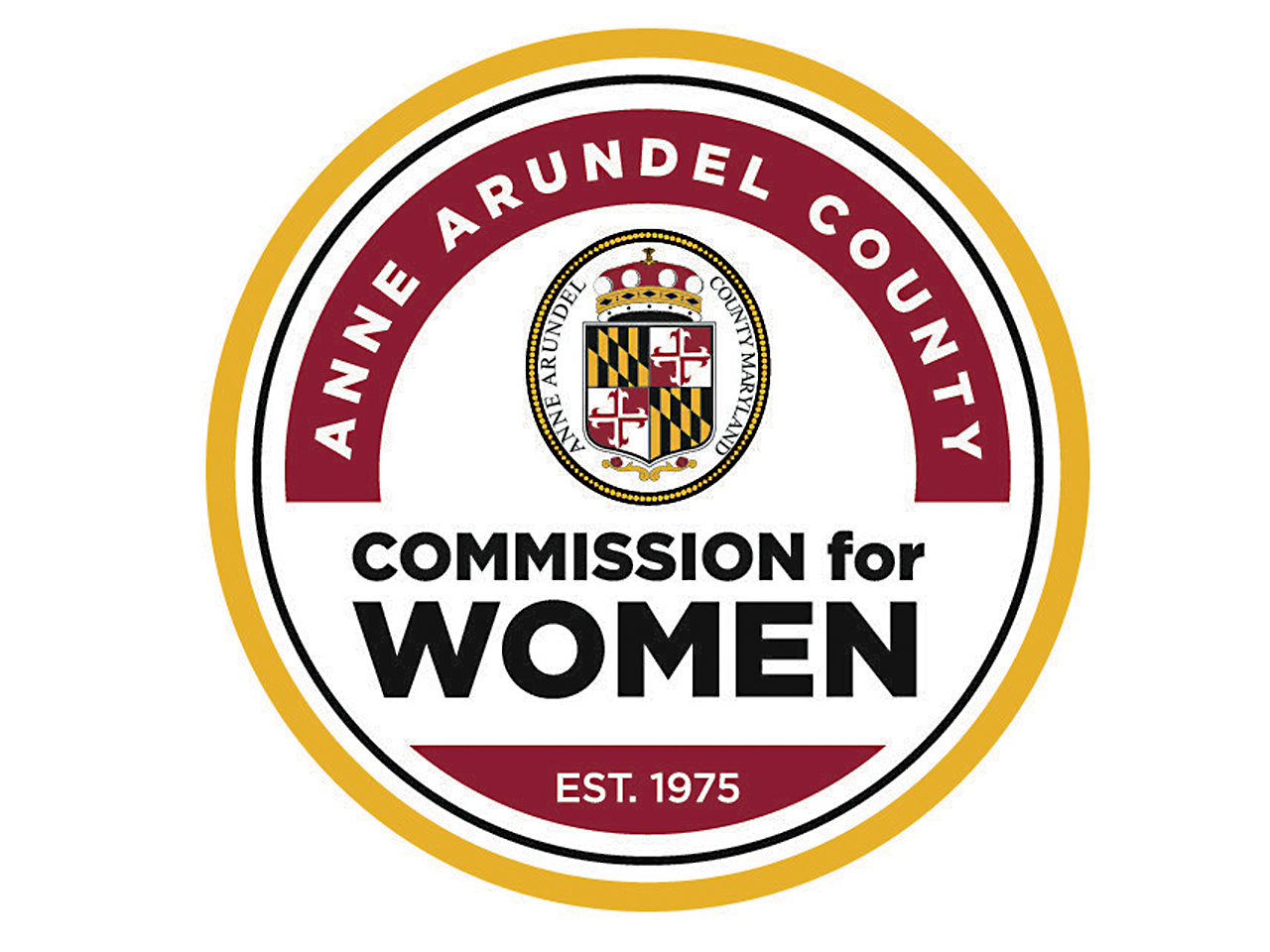Women Working Together!
Dedicated to enriching the lives of women and families of Anne Arundel County
Meeting Information
No events found

Come Serve Your Local Government
Have you ever wanted to serve on a board or commission? Now is your chance! Several AACO Boards and Commissions currently have vacancies to be filled.
Combating Human Trafficking
The Anne Arundel County Commission for Women has prepared this Anne Arundel County Combating Trafficking in Persons Protocol and Resource Guide and companion Tip Sheet to facilitate collaboration among agencies, organizations, and service providers who support to survivors of human trafficking. The guide lists agencies and organizations equipped to provide services specific to human trafficking survivors, as well as local resources for referrals within Anne Arundel County, Maryland, and across the United States. Please be advised that this resource guide is not exhaustive, and not all survivors may be accepted by some agencies because of their specific provider requirements.

